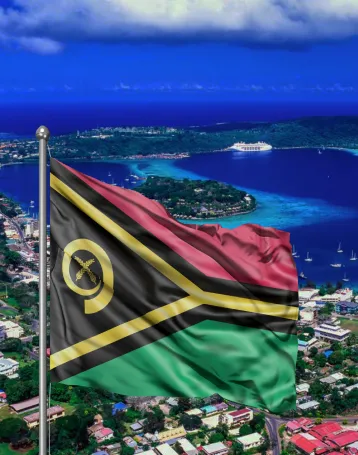
Vanuatu is a great place for forex brokers. Getting a forex license there comes with many benefits, such as friendly rules, no taxes on profits, and low minimum capital requirements. This makes it a good choice for both new and established forex companies.
Vanuatu is not only a beautiful Mediterranean island but also an important financial and business hub in Europe. The Vanuatu Securities and Exchange Commission (CySEC) gives out Forex Licenses, which follow European standards to control financial market activities. Only companies that meet certain rules can offer brokerage services, manage investments, give financial advice, and handle other financial tasks.
For brokers wanting to work in financial markets, obtaining a forex license in Vanuatu is crucial. It allows for legal financial transactions, including forex trading and securities trading. Without a license, forex trading is illegal in Vanuatu.
Brokers must meet some simple requirements to get a license, which proves they operate legally. This builds trust with customers and investors, improving the company's reputation. A forex license from Vanuatu is also recognized internationally, helping brokers attract clients from other countries.

